Moscow suspends New START to thwart US intel collection
Moscow says leaving the New START nuclear arms control treaty has given Russia new security options, blaming the United States for collapsing bilateral relations.
In an interview with Russia 24 TV news channel, aired on Tuesday, Russian Deputy Foreign Minister Sergei Ryabkov stressed that through the suspension "we have gained additional opportunities for ourselves to ensure our security."
Washington is employing "any channel, any window to see into our military world," he said, adding that closing off inspections and data-sharing agreements through New START would prevent the US from intelligence gathering.
He also blamed Washington for severely straining relations with Moscow, saying that he could "probably describe the current state of these relations in one word - collapse. The relations are destroyed, and the responsibility for this lies with the US."
Last year, Russia stopped allowing American inspectors onto its military sites, responding to travel restrictions imposed by the US on Russian inspectors in reaction to the initiation of a military operation by Moscow in Ukraine.
The Kremlin said it was foolish to share information on Russia's nuclear capabilities at a time when the US could pass that information to Ukraine.
Back in July 1991, START, which later was called START I, was signed by the then US president George H. W. Bush and Mikhail Gorbachev, the last president of the Soviet Union, barring both countries from deploying more than 6,000 nuclear warheads atop a total of 1,600 intercontinental ballistic missiles (ICBMs) and bombers.
In January 1993, President Bush and Boris Yeltsin, the then Russian president, signed START II, but it collapsed and never went into effect.
START I expired in late 2009 and its replacement, the New START or START III, was signed in April 2010 by the then US president Barack Obama and his Russian counterpart Dmitry Medvedev, under which both sides agreed to halve the number of strategic nuclear missiles and restrict the number of deployed strategic nuclear warheads to 1,550, the lowest level in decades. However, it does not limit the number of operationally inactive nuclear warheads that remain in the high thousands in the US and Russian stockpiles.
The New START agreement was extended in February 2021 until February 4, 2026, by US President Joe Biden and his Russian counterpart Vladimir Putin.
On February 21, Russia suspended its participation in New START. However, it did not withdraw from the treaty, clarifying that it would continue to abide by the limits on the number of nuclear warheads that can be deployed under New START.
Furthermore, Ryabkov also said the West should take account of Russia's decision to deploy part of its tactical nuclear weapons in neighboring Belarus.
"Our opponents have to see the reality of what is happening around them. Don't escalate, don't provoke us," he added.
'Israel booby-trapped walkie-talkies, pagers years before Lebanon blasts'
Gaza Health Ministry calls for urgent intl. help to protect hospitals amid Israeli genocide
Stakes involved in Iran’s partnership with Eurasian Union
VIDEO | Press TV's news headlines
Iran says ‘ready’ to reopen embassy in Syria, holds talks with Damascus
VIDEO | 12 people killed in ammunition factory blast in northwest Turkey
Iraq’s PMU masses resistance forces on border with Syria amid mounting concerns
Israel killed over 700 athletes in Gaza since October 2023


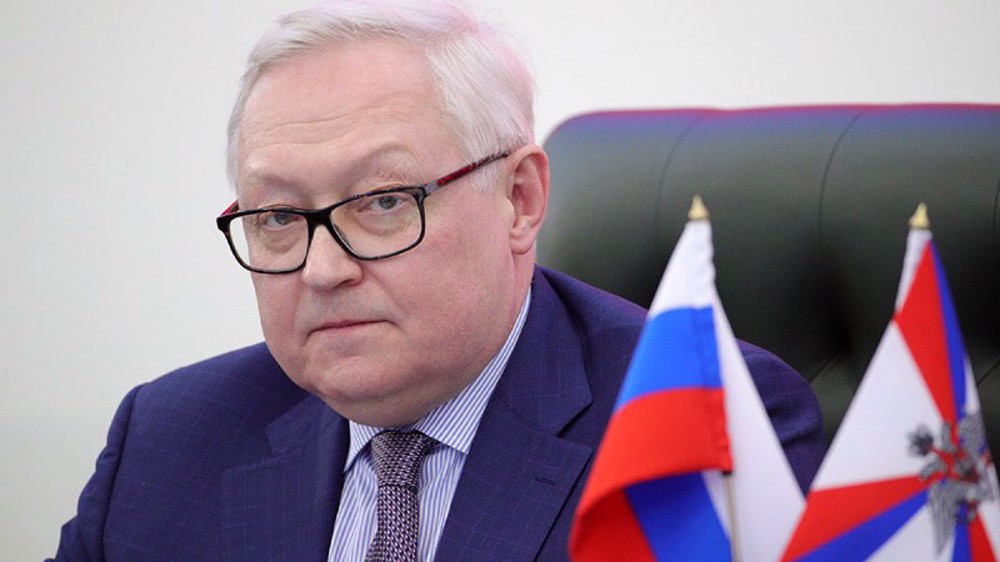
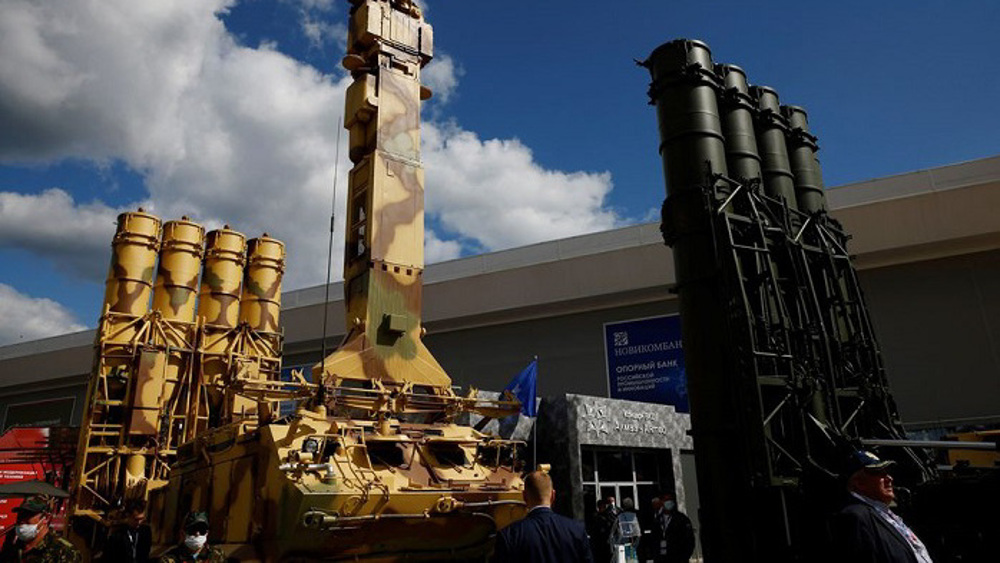
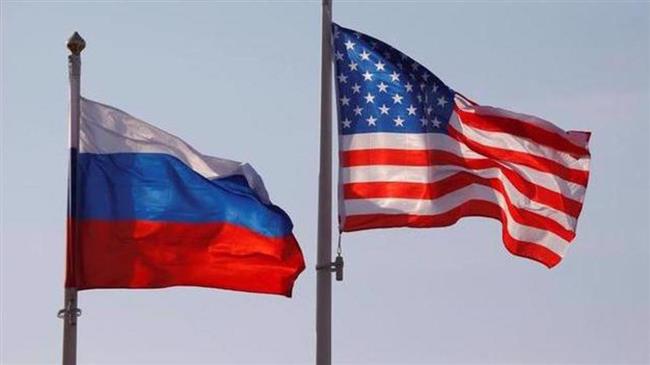
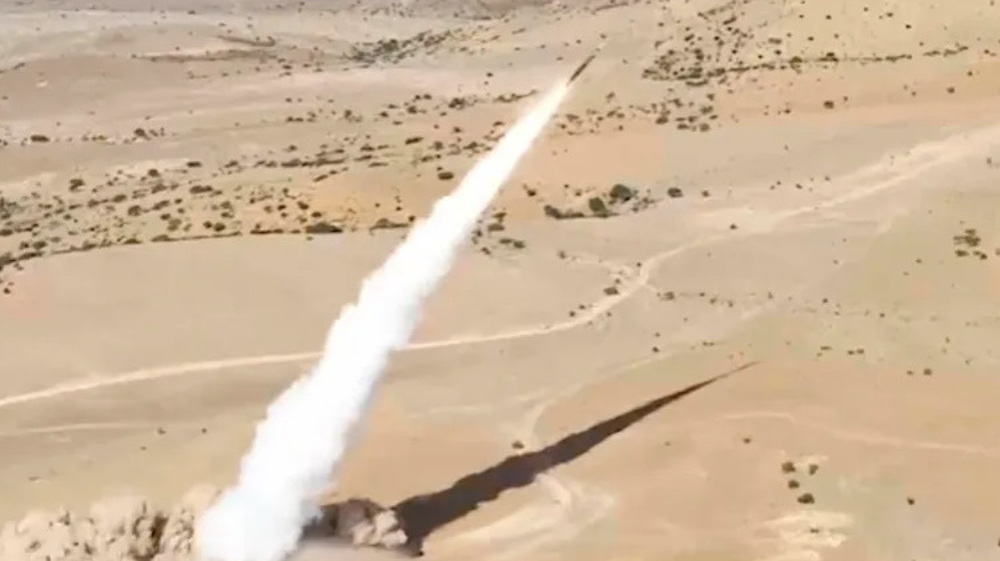
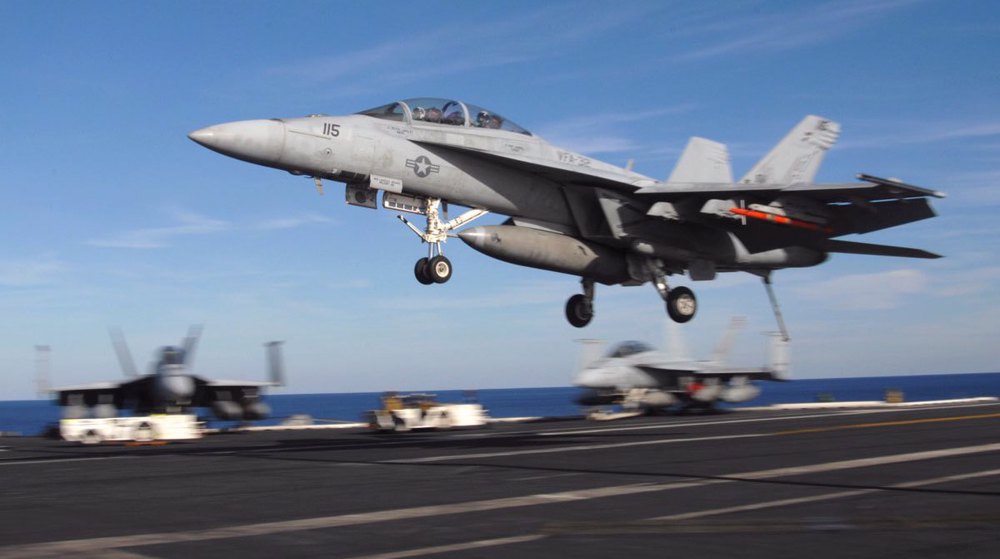





 This makes it easy to access the Press TV website
This makes it easy to access the Press TV website